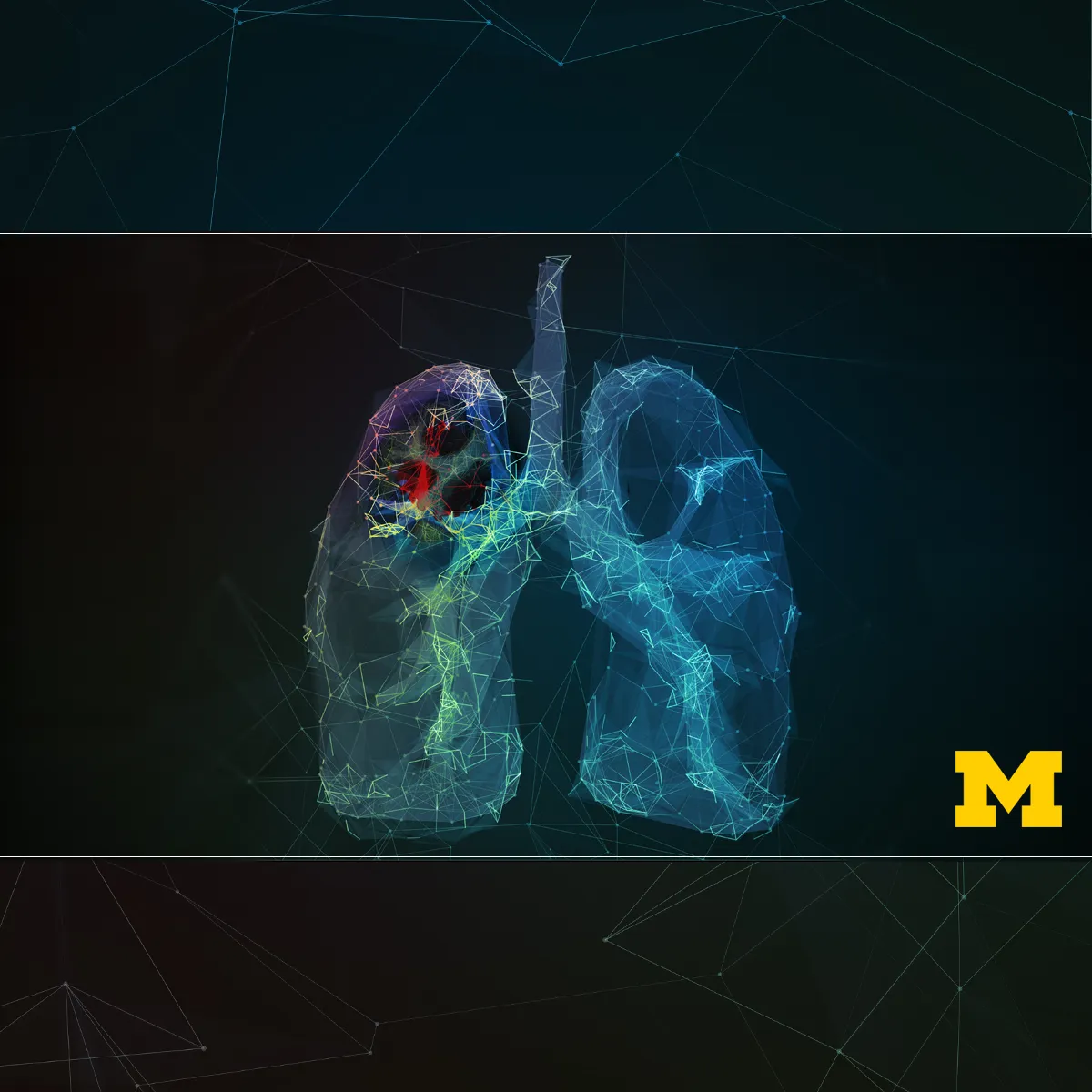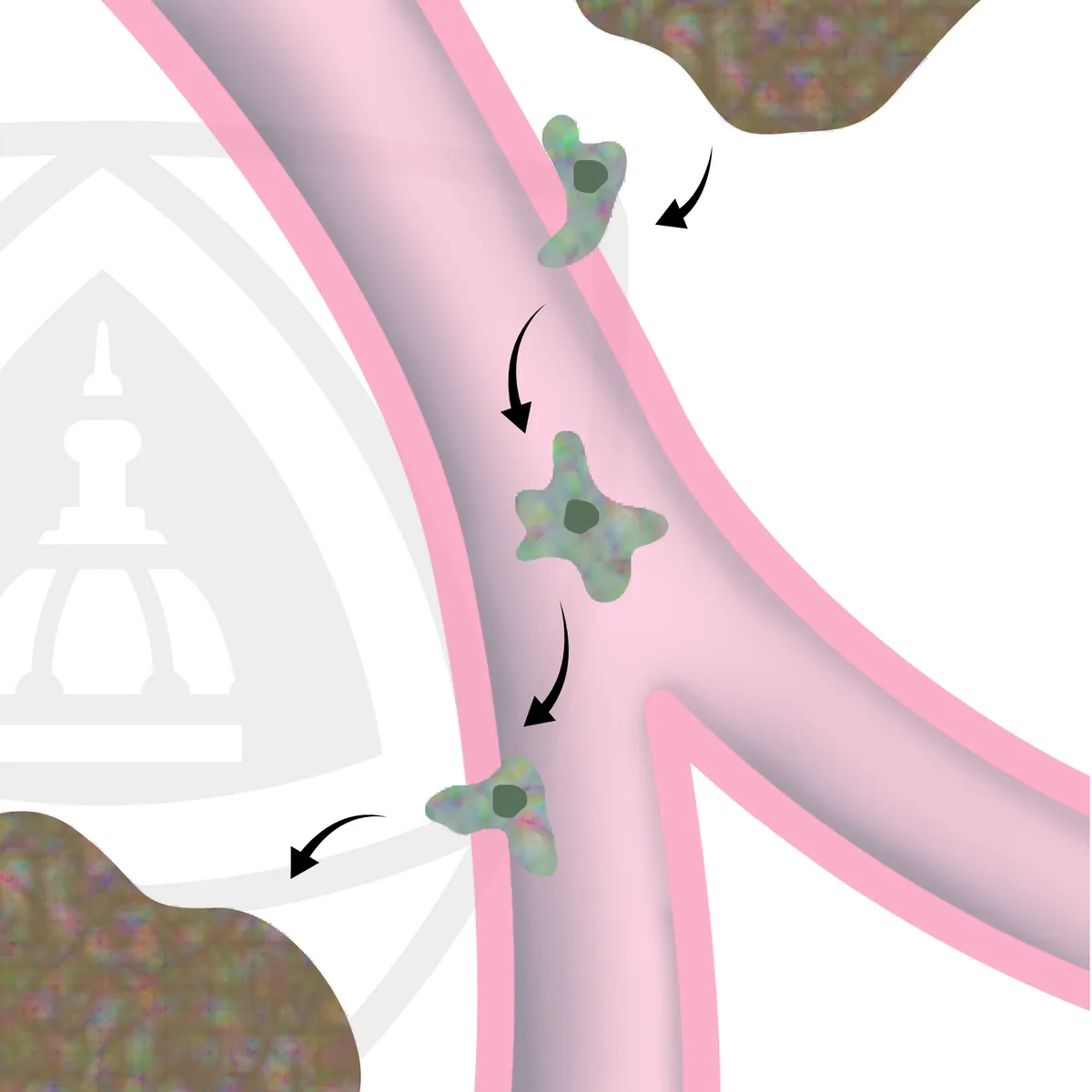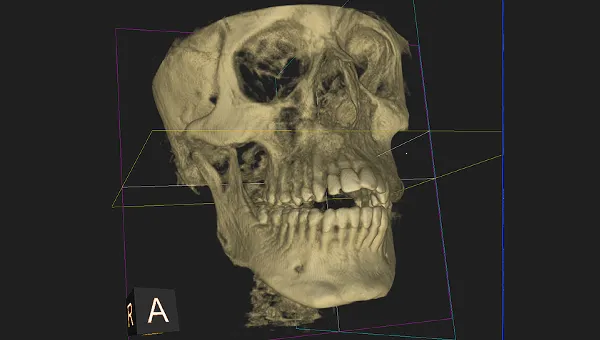
Thoracic Oncology 
Get a comprehesive understanding of Thoracic Oncology. This is a free course from Coursera. AZ Class provides this course data for free. Learn more certificate and details here. Discover the latest advancements in the treatment of thoracic malignancies with the Thoracic Oncology course. With lung cancer being the leading cause of cancer death worldwide, this course offers a comprehensive, multidisciplinary approach to caring for patients with thoracic cancers. From epidemiology and screening to surgery and patient support, this on-demand course covers all aspects of thoracic oncology. Featuring interactive video lectures and quizzes, this course is suitable for anyone interested in the field, regardless of their medical background. Don't miss this opportunity to enhance your knowledge and make a difference in the fight against thoracic cancers. ▼
ADVERTISEMENT
Course Feature
![]() Cost:
Cost:
Free
![]() Provider:
Provider:
Coursera
![]() Certificate:
Certificate:
Paid Certification
![]() Language:
Language:
English
Course Overview
❗The content presented here is sourced directly from Coursera platform. For comprehensive course details, including enrollment information, simply click on the 'Go to class' link on our website.
Updated in [October 07th, 2023]
What does this course tell?
(Please note that the following overview content is from the original platform)
Thoracic malignancies are major, global health problems. Lung cancer is the most common cancer and cause of cancer death in the world, with more than 1.5 million deaths per year. More Americans will die from lung cancer each year (approximately 159,480) than from colon, breast, pancreatic, and prostate cancer combined (approximately 158,630), the next most common causes of cancer death. Esophageal cancer is the 6th most common cause of cancer deaths worldwide, and the 4th most common cause in developing nations.This course will provide a comprehensive, multidisciplinary introduction to state of the art approaches in the care of patients with thoracic malignancies, including various types of lung cancers and esophageal cancers. Didactic material will cover epidemiology, screening and diagnosis, staging, imaging, radiation therapy, systemic therapy, surgery, psychiatry, and patient support topics. This is an on-demand course with integrated learning units that are focused on specific topics. Each unit contains several video lectures with interactive questions and is followed by a short quiz. Prerequisites: None required although basic medical training in some field related to thoracic oncology would be helpful.
We considered the value of this course from many aspects, and finally summarized it for you from two aspects: skills and knowledge, and the people who benefit from it:
(Please note that our content is optimized through artificial intelligence tools and carefully reviewed by our editorial staff.)
What skills and knowledge will you acquire during this course?
During this course on Thoracic Oncology, learners will acquire the following skills and knowledge:
1. Understanding of the global impact of thoracic malignancies: Learners will gain knowledge about the prevalence and mortality rates of lung cancer and esophageal cancer worldwide. They will understand the significance of these diseases as major global health problems.
2. Comprehensive knowledge of thoracic malignancies: The course will provide a multidisciplinary introduction to various types of lung cancers and esophageal cancers. Learners will acquire in-depth knowledge about the characteristics, diagnosis, and treatment options for these malignancies.
3. Familiarity with state-of-the-art approaches in patient care: Learners will be introduced to the latest advancements and approaches in the care of patients with thoracic malignancies. They will gain knowledge about screening and diagnosis, staging, imaging, radiation therapy, systemic therapy, surgery, psychiatry, and patient support topics.
4. Understanding of epidemiology and risk factors: The course will cover the epidemiology of thoracic malignancies, including risk factors associated with lung cancer and esophageal cancer. Learners will acquire knowledge about the factors that contribute to the development of these diseases.
5. Proficiency in interpreting imaging studies: The course will provide learners with the skills to interpret imaging studies used in the diagnosis and staging of thoracic malignancies. They will gain the ability to analyze and interpret radiological findings related to lung and esophageal cancers.
6. Knowledge of treatment modalities: Learners will acquire a comprehensive understanding of the various treatment modalities available for thoracic malignancies. This includes knowledge about radiation therapy, systemic therapy (chemotherapy, targeted therapy, immunotherapy), and surgical interventions.
7. Awareness of psychosocial aspects and patient support: The course will address the psychosocial aspects of thoracic malignancies and the importance of patient support. Learners will gain knowledge about the psychological impact of these diseases and the role of psychiatry in patient care.
Who will benefit from this course?
This course on Thoracic Oncology will benefit a wide range of individuals, including healthcare professionals, researchers, and students interested in the field of thoracic malignancies.
1. Medical professionals: Doctors, oncologists, pulmonologists, surgeons, and other healthcare professionals involved in the diagnosis, treatment, and management of thoracic malignancies will benefit from this course. It will provide them with a comprehensive understanding of the latest approaches in the care of patients with lung and esophageal cancers. The course covers various aspects such as epidemiology, screening, diagnosis, staging, imaging, radiation therapy, systemic therapy, surgery, psychiatry, and patient support topics. This knowledge will enhance their ability to provide optimal care to their patients.
2. Researchers: Scientists and researchers working in the field of thoracic oncology will find this course valuable. It will provide them with up-to-date information on the current state of the art approaches in the field. The course covers various topics related to thoracic malignancies, including epidemiology, diagnosis, treatment modalities, and patient support. This knowledge will help researchers in designing and conducting studies to further advance the understanding and treatment of thoracic malignancies.
3. Students: Students pursuing a career in medicine, oncology, or related fields will benefit from this course. It serves as an excellent introduction to the field of thoracic oncology, providing a comprehensive overview of the subject. The course covers various aspects of thoracic malignancies, including epidemiology, diagnosis, treatment modalities, and patient support. This knowledge will lay a strong foundation for their future studies and clinical practice.
4. Allied healthcare professionals: Nurses, physician assistants, and other allied healthcare professionals involved in the care of patients with thoracic malignancies will find this course beneficial. It will provide them with a deeper understanding of the disease, its management, and the various treatment modalities available. This knowledge will enable them to provide better support and care to patients under their supervision.
Course Provider

Provider Coursera's Stats at AZClass
Discussion and Reviews
0.0 (Based on 0 reviews)
Explore Similar Online Courses

Understanding Cancer Metastasis

Electrical Power Generation - An Industrial Outlook

Python for Informatics: Exploring Information

Social Network Analysis

Introduction to Systematic Review and Meta-Analysis

The Analytics Edge

DCO042 - Python For Informatics

Causal Diagrams: Draw Your Assumptions Before Your Conclusions

Whole genome sequencing of bacterial genomes - tools and applications

Introduction to Dental Medicine

Fundamentals of Immunology


Start your review of Thoracic Oncology